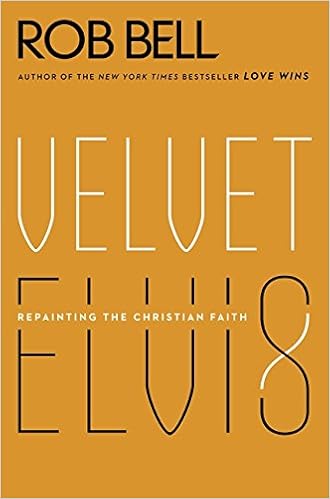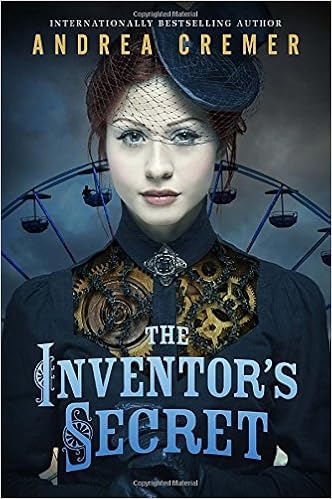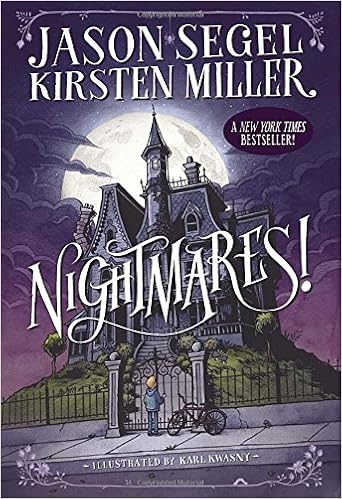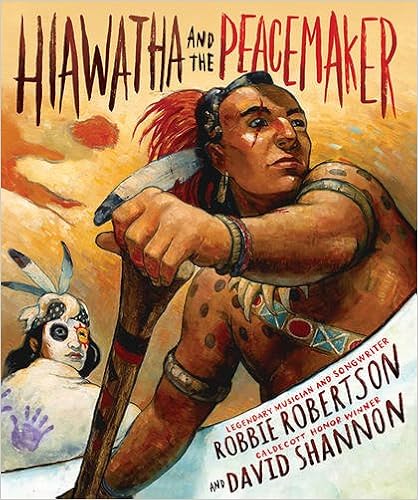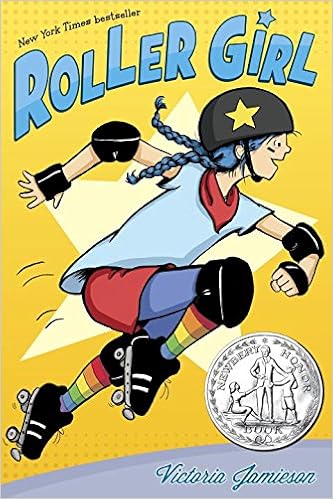We had a lot going on in our house last week, helping our daughter prepare for her first post-college job...which just happens to be in Japan. There was a lot of last-minute shopping and packing and repacking and memory-making, so I only have three books to report on this week:
Crenshaw, by Katherine Applegate, is a story to tug at your heart with every page turned. Jackson, the ten-year-old narrator, is facing homelessness once again. His parents do their best to keep a roof over their heads; mom takes on several part-time jobs, and his dad does what he can in between bouts of MS. Unfortunately, even a yard sale of all but the bare necessities can't keep the eviction notice away.
Crenshaw, Jackson's imaginary friend who arrived the first time they lost their home, shows up yet again--this time bigger, and wiser. He also happens to be a cat--one that Jackson's real-life dog, Aretha, seems to be able to sense as well. Crenshaw helps Jackson navigate the wide range of feelings that come with his family's struggles, including anger at his parents for not providing a roof over their heads.
I envision this story being read as an introduction to a project-based learning event on homelessness in our own community. For students who only think of the homeless as stoplight panhandlers, it brings the plight of homeless families to light.
********
For my personal reading, I finished The Inventor's Secret by Andrea Cremer; I thoroughly enjoyed it! (See my last post for more details.) Recommended for upper middle school and up-- it does have a romantic subplot that might make younger readers uncomfortable. I found it interesting that the main female characters in this story are on equal footing with the boys/ young men, since the scene is set in post-Revolutionary War times.
I also finished Rob Bell's Velvet Elvis. This pastor of Mars Hill church has a fresh take on Christianity, stripping away the dogma and doctrines to get down to the main business of the religion--to bring heaven to earth, through service and love and inclusion. This is the second book I've read of Bell's; the first was Love Wins, recommended by a friend who happens to be a Lutheran pastor herself. Both books are short--only 200 pages or so--but filled with so much to think about that I could only absorb a few pages at a time.
I'm diving into some more Bluebonnet Award nominees this week, as well as some professional and personal reading. What are you reading during these last few weeks of summer break?


